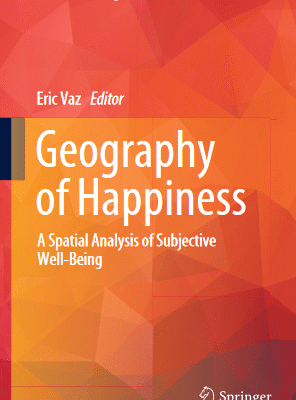

خرید و دانلود نسخه کامل کتاب Rudolf Hilferding What Do We Still Have to Learn from His Legacy? – Original PDF
64,500 تومان قیمت اصلی 64,500 تومان بود.37,500 تومانقیمت فعلی 37,500 تومان است.
تعداد فروش: 57
Author:
Judith Dellheim • Frieder Otto Wolf
osa Luxemburg, because they were murdered by those who paved the way for fascism. Although both of them were members of the same party for a long time, fought for socialism, relentlessly spoke out and stood up against the war, and addressed the same problems, the underlying causes and associated perpetrators both in theory and practice, they were unable to cooperate with one another. The fact that Rosa Luxemburg meticu- lously and thoroughly studied Hilferding’s Finance Capital is confirmed by her extensive writings in the form of notes, conspectuses, text and speech drafts (e.g. Luxemburg [1910–1913], p. 152), as well as records and transcripts of her lectures by her students at the SPD’s party school (e.g. Walcher [1910/1911], p. 369). Various letters provide further hints in this regard. Unfortunately, she never actually wrote the review of Finance Capital she had announced to Kostya Zetkin (Luxemburg [1911a] p. 41) and never referred to the book or its analyses in her own publications. In fact, she even suspected the ‘dirt monger Hilferding’ (Luxemburg [1911b], p. 142) of having organised the campaign against her Accumulation of Capital (Luxemburg 1913c, p. 265): ‘Hilf[erding] is behind this’ (Luxemburg 1913a, p. 267), she remarked to Leo Jogiches (see also [Luxemburg 1913b], p. 266). Hilferding, for his part, outwardly ignored Luxemburg’s theoretical and political achievements for decades. According to Leon Trotsky, he must have hated her (Trotsky 1929). It was only in 1920, during a very heated argument with Gregory Zinoviev, that Hilferding paid tribute to Rosa Luxemburg, albeit very selectively (Hilferding 1920, pp. 152ff). Zinoviev—on orders of the Executive Committee of the Communist International—had responded to the USPD’s request for affiliation by informing them of 21 conditions for membership. In sum, he demanded no less than the USPD’s submission, or rather ‘Bolshevisation’. Hilferding based his stance on Luxemburg’s argument put forward against Lenin, who wanted to develop party mem- bers as party soldiers, forging the workers’ party as a centralised organisation. Even though both Luxemburg and Hilferding vehemently rejected Lenin’s party concept and its conception of human beings, this does not mean that they shared a common view on the tasks of the workers’ party and its members. After all, Hilferding considered the parliament to be the most important field of political struggle, and he developed—despite his explicit demand to be open to argument and despite the aptitude for J. DELLHEIM AND F. O. WOLF 3 pragmatism1 he proved to possess during his time as Reich Finance Minister—a peculiar kind of dogmatism. As a result, he turned out, par- ticularly during the crucial years of 1931/1932, to be an opponent of any kind of trade-unionist anti-depression programme because, in his view, government deficit spending contradicted the legitimate boundaries of capitalist economic policy (Stephan 1982, p. 239). Ever since his experience with Bolshevism and its uncritical followers in Germany, Hilferding had begun to include an undifferentiated anti- communist stance among his political principles. Such positions defended by social democrats facilitated the disastrous Stalinist thesis of ‘social fas- cism’, reflecting and reinforcing the historical inability by Social Democrats and Communists to form an anti-fascist alliance. Neither his escape from Germany (Hilferding 1933/1982, pp. 268f, see also Stephan 1982, pp. 279–802) nor the German attack on Poland could convince Hilferding otherwise (Hilferding 1940, p. 290). As early as the 1920s, the indepen- dent leftist and brilliant and sharp-tongued journalist Carl von Ossietzky mocked the irrational anti-communist politics as pursued by leading Social Democrats, particularly by such figures as Rudolf Hilferding in his exclu- sive orientation on parliamentary politics and governmental policies (e.g. Ossietzky 1924/2014, p. 64).



نقد و بررسیها
هنوز بررسیای ثبت نشده است.